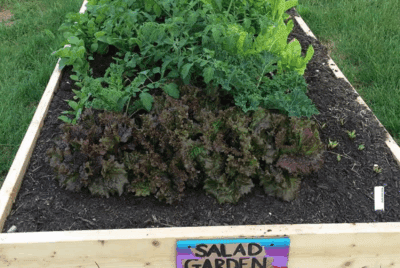RESEARCH
‘The nourishing soil of the soul’: The role of horticultural therapy in promoting well-being in community-dwelling people with dementia
Summary
This article explores how gardening and nature-based activities can improve the well-being of people living with dementia, especially those in a long-term care community. Many individuals with dementia experience loneliness and a decline in their ability to engage in daily activities. Gardening offers a way to stay active, connect with nature, and interact with others. Which can help reduce stress, boost mood, and improve both physical and mental health. Despite strong evidence of its benefits in care homes, horticultural therapy is not widely used in community settings.
The authors highlight the need for more opportunities for people with dementia to engage in gardening, as it can promote social connections and a sense of purpose. They argue that making gardens accessible and integrating horticultural therapy into community care programs could significantly improve quality of life. By encouraging outdoor activities, people with dementia may feel more included, confident, and independent in their daily lives.







